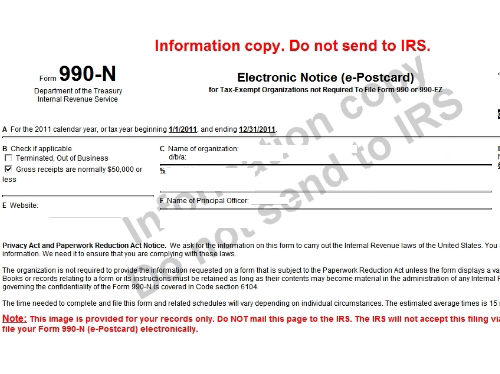Benefits
New Tax on Fringe Benefits for Nonprofits
It’s time for nonprofits to wake up and smell the coffee: A little-noticed provision in the Tax Cuts and Jobs Act (TCJA), the massive tax reform legislation enacted at the end of last year, could result in an unexpected tax bill for houses of worship, ...
Jul. 31, 2018

It’s time for nonprofits to wake up and smell the coffee: A little-noticed provision in the Tax Cuts and Jobs Act (TCJA), the massive tax reform legislation enacted at the end of last year, could result in an unexpected tax bill for houses of worship, institutions of learning and other tax-exempt organizations.
Under the TCJA, certain fringe benefits provided to employees of a nonprofit must be included in unrelated business income tax (UBIT). This category generally applies to income that isn’t related to the organization’s tax-exempt function. Because of the tax rate changes in the TCJA, it essentially means that the charity must pay a tax of 21% on those benefits. The UBIT provision kicks in for amounts paid out after 2017.
In the past, both for-profit and nonprofit entities could deduct amounts spent on qualified entertainment expenses and 50% of the cost of meals. This included entertainment and meals taking place on a clear business setting or directly following or preceding a “substantial business discussion.” It was common for organizations to reimburse employees for these entertainment or meal expenses or pay the tab directly.
In addition, firms and organizations may offer various transportation fringe benefits to employees. The benefits, subject to monthly limits, were previously deductible by employers and tax-free to employees. This included benefits for mass transit passes, commuter highway vehicles and parking privileges.
Finally, an employer could provide access to on-site athletic facilities as a fringe benefit to employees. As with qualified transportation benefits, the cost was deductible by the employer and the value received was tax-free to employees.
But the TCJA generally eliminates deductions for entertainment and meal expenses, qualified transportation benefits and benefits for on-site athletic facilities, beginning in 2018. In a corresponding provision, the new law increases an organization’s UBIT by the disallowed amount of those fringe benefits.
The repeal of the deduction for entertainment and meal expenses has received plenty of play in the media, but the tax increase for nonprofits has flown under the radar. According to Politico, many organizations are still unaware of this new tax liability, although 600 churches and other groups have signed a petition requesting a repeal of the provision. Others may chime in when they find out what’s in store. For instance, Politico says that the Jewish Federations of North America estimates this will set them back by about $75,000.
A number of other prominent groups – including the Boys & Girls Clubs of America, Goodwill Industries, the YMCA and the National Council of Nonprofits – have expressed their concerns and petitioned for the provision to be delayed, at the very least. Others have been more vocal in their displeasure.
“What we’re talking about is an income tax on the church for providing parking to its employees — that’s what we’re talking about,” said Mike Batts, chairman of the board of the Evangelical Council for Financial Accountability, one of the driving forces behind the petition. “It’s absurd.”
The UBIT tax change has been defended by some GOP lawmakers, most prominently House Ways and Ways Means chairman Rep. Kevin Brady (R-TX), one of the main architects of the TCJA, who have pointed to a need for parity. At the same time, Rep. Michael Conway (R-TX) has introduced new legislation (the “Nonprofit Support Act”) stripping away the tax). We’ll keep a watch on proceedings.
